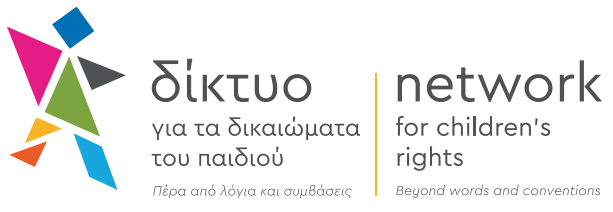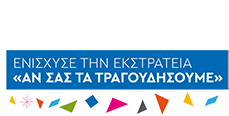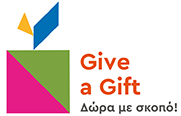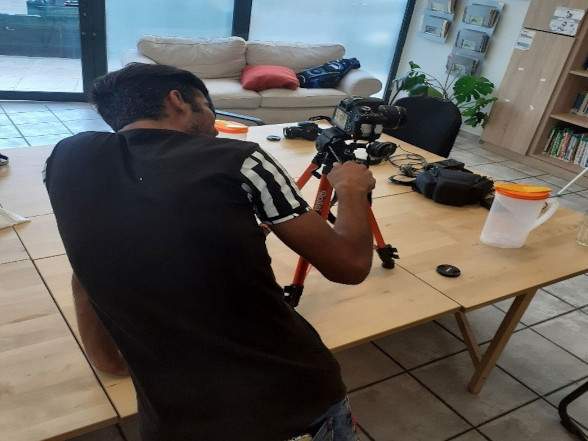“Further the Movement” is a research programme of contemporary dance that is implemented by the Network of Children’s Rights in co-operation with the senior professional dancing school “AKTINA” funded by the Ministry of Culture and Sports.
The aim of the programme is the enrichment of the Greek choreographic creation through research in the field of contemporary dance practice. The programme attempts to provide space and time to young Greek dancers to cultivate and to present their own contemporary dance language, to remaster their kinetic experience and to research their limits.
The hard core of the aims of “Further the Movement” is the addition in the movement’s research of a crucial factor: to bring young Greek refugees and second-generation migrants, 13-20 years old, regardless nationality, race, gender, religion and language.
The objectives of the program are:
- To improve the contemporary tools of movement creation and the pursuit of dance and choreographic identity of young Greek choreographers.
- To contribute to the creation of a new dynamic audience, that shows high criteria about visual arts in accordance with contemporary trends.
- To reinforce artistic creation that aims at reinforcing the artistic creation, social inclusion, raising awareness and fighting stereotypes and prejudice that produce and reproduce discrimination of any kind.
- To create a “bridge” of applied kinetic research dialogue with the dancing schools that are licensed by the state.
“Further the Μovement’’ programme sets as a starting point the lack of systematically applied research activity in Greece and gets inspired by the remarkably dynamic production of contemporary dance performances in Greece, from the middle of the nineties until today. The new established (academic year 2019-2020) “Performative and Digital Arts Departmen” of the School of Fine Arts of the University of Nafplio provides additional inspiration. This Department has included dance in its’ cognitive objectives, a fact that contributes to an academic approach of dance, that our country lacks until today in data research.
Furthermore, through scientific evidence, it is known that “the kinetic skills of a person are being enriched by the experience and can change the style of almost everything a person is doing”. It is also known that there are procedures that help the dancing body to be able to “forget” and create new skills. These procedures are exactly what “Further the movement” programme is into to help the Greek choreographers seek new ways of movement creation, rehearsing, for example, with the body movements of teenagers and young refugees. In conclusion, body movement-based research is crucial and what V. Hunter refers, worths to be established through scientific methodology: “if human bodies are being prioritized as the basic perception media, they create the ability to give us information coming from the world and about the world in a special and significant way”.



